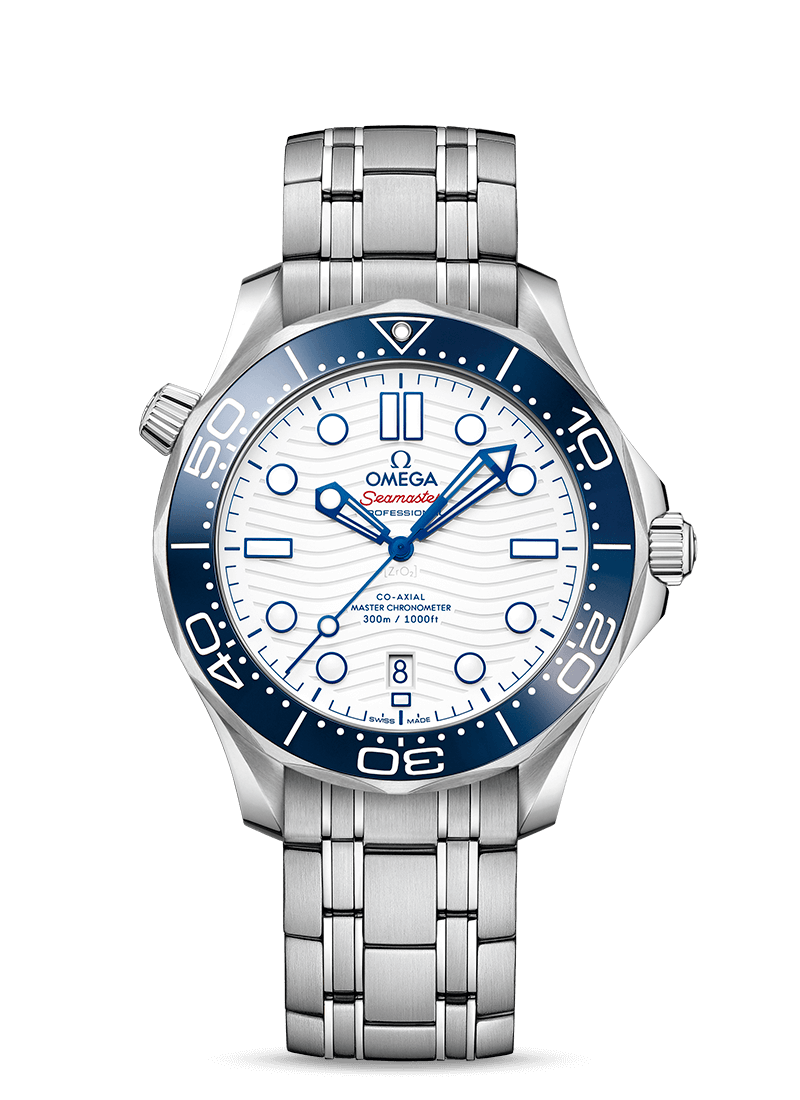I got my first wrist watch nearly 50 years ago. It was fully mechanical, spring powered, no batteries, & needed to be wound every day. My second watch, obtained a few years later, was also fully mechanical, but automatic - meaning it had a rotating weight/pendulum that moved every time the wrist moved and it wound the spring.
About 40 years ago I bought a fully mechanical pocket watch because I had to work in hazardous environment with a potential for flammable gas leaks, which prevented the use of battery powered watches for safety reasons.
Most watches older watches whether fully mechanical, mechanical and battery, mechanical and electric generator or fully electronic, wrist or pocket, made by industrial watch makers usually have the words "water resistant" or "water proof" to a depth specified, usually 30 meters (100 feet).
A watch specified as being water proof to 30 meters means it can be submerged to that depth and be fully operational provided it is properly maintained.
By way of example, the watch pictured below, is made for divers and is specified to be able to be submerged to a depth of 300 meters (1000 feet). As can bee seen on the face of the watch.

A watch specified as being water resistant simply means it can withstand minor splashes of water on it. If such watches get seriously wet, either by severe splashing or being dropped into a pool of water, they can stop operating. Such watches are usually not water tight, particularly around the "glass". Some watches can leak like a sieve, around the "glass".
Do not assume your watch is water tight. Ask the person who sold it to you, or the manufacturer to be certain. Just because it might looks pretty, doesn't mean it's robust.
All mechanical watches need to be maintained properly. Every year or two they should be taken to a watchmaker for a service. This will include lubricating the watch, checking the bearings, for signs of wear and checking the seals within the watch to ensure their specified level of water tightness.
I very much doubt that a watch purchased for "~$53" would be water tight. Enjoy it while you can, but keep it away from water.

shouldn't it in theory work under water just as well?... stand in your living room and spin on one foot ... go try the same in a swimming pool $\endgroup$